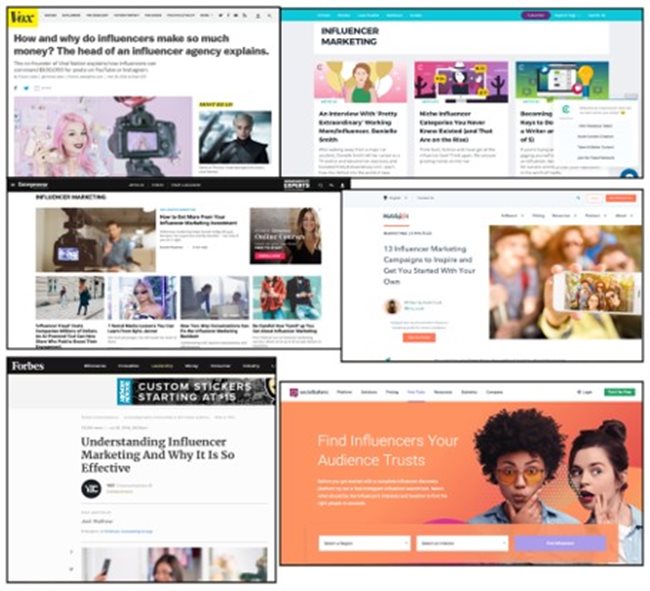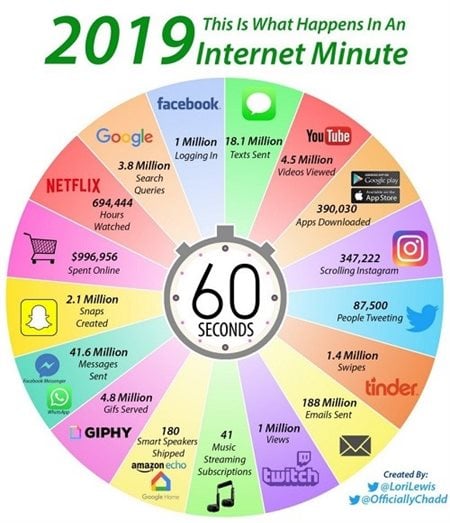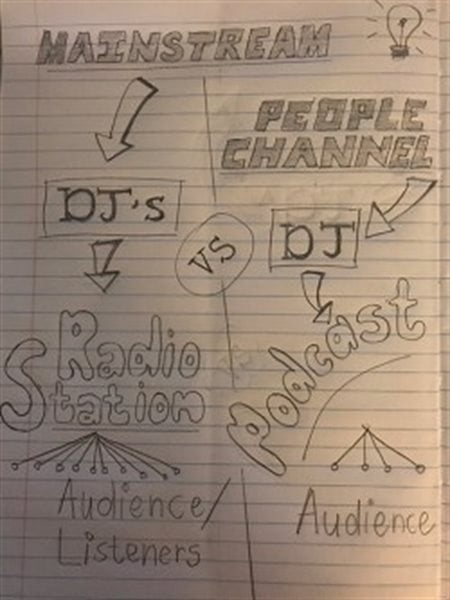I have spent the last eight years of my life in the influencer marketing space. I've read everything I could get my hands on about the sector, studied every piece of research, reviewed case studies, listened to all the experts and opinion leaders; and gained practical experience where I hit the ground running and executing campaigns. During this time, I have seen, and continue to see, the execution of some brilliant campaigns, some average and, unfortunately, a lot of poor ones. The latter is worrisome, and we need to ask ourselves why.
I’ve launched numerous businesses in this space, and all of them have shown exponential growth to date. So, I guess I’ve invested my 10,000 hours to have some sort of an opinion on the topic as per Malcolm Gladwell. But, here’s the thing; the space is so fluid and innovative that I learn more and more every day, making working in this industry exciting and an amazing privilege, especially if you realise its full potential.
Traditional media was always about people
But, I am going off topic, let’s talk influence, and let’s talk about the influence of people. Through the process of working in this industry, I’ve come to realise that traditional media was always about people. Think back to when radio was at all-time highs; and apologies to my overseas readers as I am going to refer to some local examples from my beloved country, South Africa.
We listened to Jeremy Mansfield, John Robbie, and Gareth Cliff’s shows back in the day, and I could go on. But the fact is, we did not tune into 5FM, 702 or 94.7, we tuned in to listen to the people aka the radio DJs. And today this is still the case if you haven’t converted to podcasts yet.
Move on to another favourite; magazines. Think about it, you buy a specific magazine to read the content, to read about the people you admire or read an opinion from a certain journalist or columnist. Again, the magazine is just the channel or platform for people to engage with other people.
Entertainment works in much the same way. If top actors are in a movie, the risk of a box office failure is almost eliminated, regardless of how bad the movie is. Why? Because we follow the actors and trust in their ability to entertain us. We don’t necessarily have the same trust in the studios i.e. Disney, Warner Bros etc. all of whom are just the channel.
People channels were born
Then came social media that has become the most powerful communication channel the world has ever seen. I mean, what other collective communication channel has the ability to grow Pokémon GO to 50 million users in 19 days? Or that can facilitate 41.6 million messages via Whatsapp and Facebook Messenger every minute, or 4.5 million videos viewed in that same minute in 2019?
But, with the advent of social media, something happened that changed the status quo painted above. People now have the ability to build their own audiences and engage with them directly. Incredibly, “people channels” were born and took the market by storm on various social media channels e.g. blogs, podcasts, YouTube, Facebook, Instagram etc.
It still remains your own choice to tune in as no one is forced to be part of the audience. You connect because you want to be part of the group or tribe and see value in the relationship. I honestly believe that this type of personalised advertising to audiences within “people channels” allows for one-on-one marketing at scale, which is going to be the future of advertising and it seems Mark Zuckerberg is thinking the same with his in-group talks.
Therefore, it is probably fair to claim that these new “people channels” with their respective audiences are in fact the new media channels brands should consider within the social marketing sphere. Are they seen as main-stream media yet, because the data definitely shows that it is?
Or, are we still caught up in the thinking that big corporates own the best media channels and the right to be called mainstream media? I believe the world has evolved and old-school thinking might be a costly line of thought, and brands might miss out on the opportunity to explore these “people channels” and maximise their potential.
Using people channels to communicate
Marketingland reported that Facebook COO Sheryl Sandberg confirmed that the top 100 advertisers on Facebook account for less than 20% of the company’s total ad revenue. Digiday reported that the number of advertisers in January 2019 was over 7 million, up from 5 million in April 2017, or 40% in less than 2 years.
What do these advertisers know that we don’t, as in most other mainstream channels the ratio is the other way around, i.e. 20% of clients dominate 80% of spend? It can only be because it works.
We need to consider whether these Facebook clients or clients of other social media platforms are in fact considering the “people channels” within those platforms, especially if you consider the organic reach and penetration of their content to their audiences, which is significantly higher than brand pages.
In closing, one doesn’t just include a line item into your strategy for mainstream media e.g. billboards, TV, social media or perhaps even print. Within those line items, you see detailed strategies to explore the channel in an innovative way to its fullest, perhaps being combined with other platforms and timing thereof. Why not the same with influence and the “people channels” out there? It’s time for this approach to be incorporated, especially if, as I believe, using people as channels to communicate is the way forward.
So, are you ready to consider a re-classification of these “people channels” as a mainstream way of communicating with consumers? It is only then that you will start thinking more strategically about the channel and its uses, as well as be more creative in executing campaigns and vigilant about holding suppliers and influencers accountable.















































